Policies of legal safeguards and reservation/affirmative actions in favour of discriminated groups have a tendency, globally, to generate acrimonious and heated debates. The idea of introducing reservation in the private sector has received a fair share of differing opinions in India. This volume brings representative places of those opinions together at one place. The papers address some of critical issues that appeared in the current debate on reservation: Are the concerns about discrimination related only to equity or they also involve economic and political costs? How sound are the arguments against anti-discriminatory policies for private sector? Does reservation adversely affect economic efficiency and compromise merit? Or it ensures equality of opportunity for the discriminated groups and also creates economic milieu for better economic performance? In other words, are the principles of equity and canon of efficiency always at odds with each other? And, what are the possible remedies against market discrimination? This book, by bringing together insightful perspectives from prominent academicians, opinion makers in the media, captains of the corporate world as well as politicians, reflects contemporary thinking of Indian society on a vital and contentious issue of private sector reservation. It will be helpful to the academia, government, NGOs as well as researchers and students and to all those, who are concerned about discriminations associated with caste and systematic exclusion and multiple deprivations suffered by Dalits.
ABOUT THE AUTHOR Aryama (ed.)
Aryama is Assistant Fellow at Indian Institute of Dalit Studies, New Delhi and a Research Scholar at Centre for Political Studies, Jawaharlal Nehru University, New Delhi. He is interested in Political Theory, marginality and invisibility of social groups and its implications. He regularly contributes articles on topical and contentious contemporary issues and events in newspapers and journals.
ABOUT THE AUTHOR Prashant Negi
Prashant Negi is Assistant Fellow at Indian Institute of Dalit Studies, New Delhi. His areas of interest are the political, economic, cultural and social aspects of developmental theory, and the challenges of transformation and change.
ABOUT THE AUTHOR Sukhadeo Thorat
Dr. Sukhadeo Thorat is currently the Chairman of University Grant Commission and a Professor of Economics in the Centre for the Study of Regional Development, School of Social Sciences, Jawaharlal Nehru University, New Delhi. He studied at the Milind College of Arts (Aurangabad, Maharashtra), Dr. Babasaheb Ambedkar Marathwada University (Aurangabad), Jawaharlal Nehru University (Delhi), and Main School of Economics, Warsa (Poland). During 1989-1991, Dr. Thorat was a visiting fellow at Iowa State University (Ames), Centre for International and Comparative Studies, Iowa City, and International Food Policy Research Institute, Washington DC (U.S.A.). He was a founding Director of Indian Institute of Dalit Studies during 2002-2005. Dr. Thorat's research work relates to mainly Agricultural Development, Rural Poverty, Institution and Economic Growth, Problems of Marginalized Groups, Economics of Caste System, Economic Discrimination, Human Rights Issues, Economic and Social thoughts of Ambedkar, and Slums etc. He has to his credit eleven books and more than fifty papers in national and international journals.

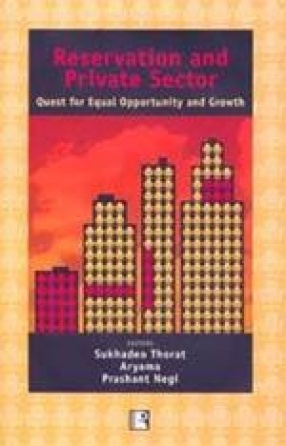

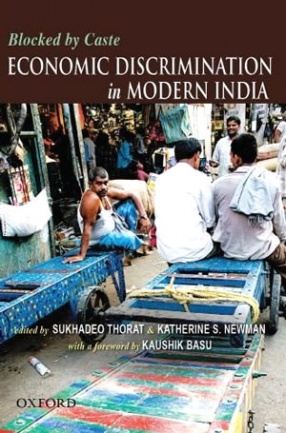
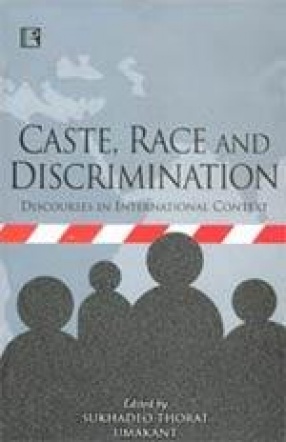

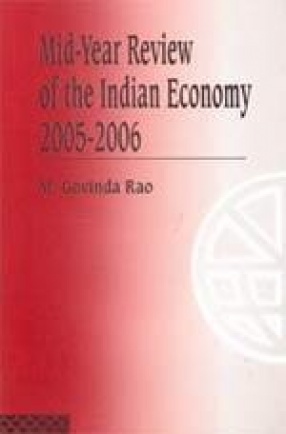
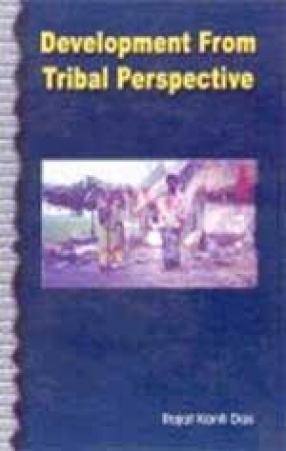
There are no reviews yet.